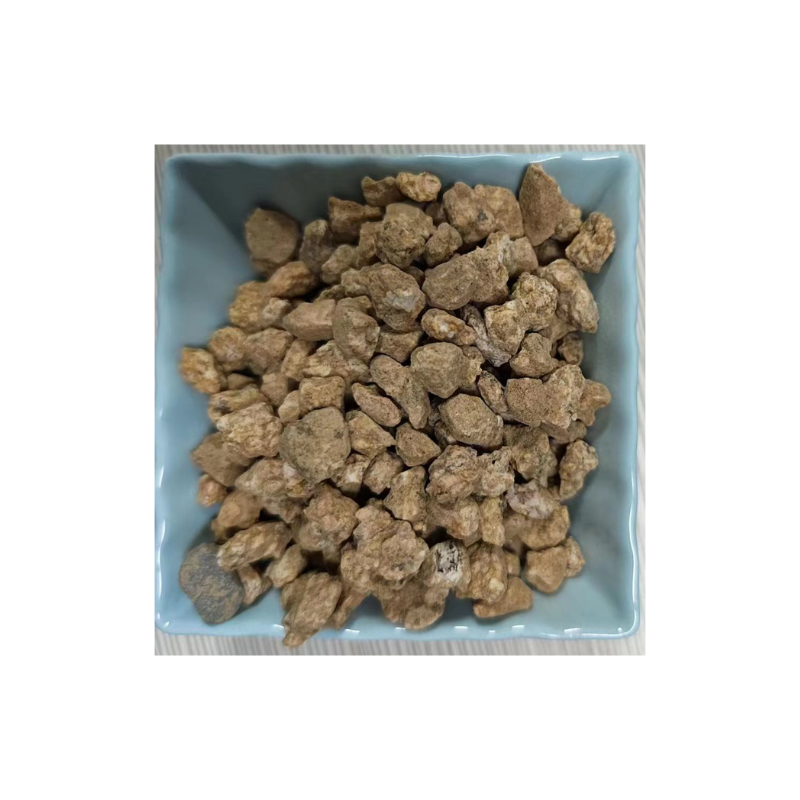
china limestone powder factories
The Landscape of China's Limestone Powder Factories
Limestone, a sedimentary rock primarily composed of calcium carbonate, is one of the most widely used minerals in various industries. In China, the demand for limestone powder has surged due to its extensive applications in construction, agriculture, environmental protection, and manufacturing. As a result, numerous limestone powder factories have proliferated across the country, each employing advanced technologies and adhering to stringent quality standards to meet the growing needs of different sectors.
Overview of Limestone Powder Production
Limestone powder is produced by crushing and grinding limestone, a process that involves several stages, including mining, crushing, milling, and packaging. The quality of limestone powder depends on various factors, such as the purity of the limestone, the fineness of the powder, and the absence of impurities. In China, the production of limestone powder is primarily characterized by the use of modern machinery and techniques, allowing factories to achieve high efficiency and product quality.
The process begins with the extraction of limestone from quarries or mines, where large blocks are blasted and then transported to production facilities. Once at the factory, these blocks are crushed into smaller pieces, which are further ground into fine powder using ball mills or vertical roller mills. The resulting powder can range from a coarse texture suitable for certain construction applications to an ultra-fine powder used in high-demand industries like pharmaceuticals and food processing.
Key Applications of Limestone Powder
1. Construction Industry One of the largest consumers of limestone powder is the construction industry. It is used as a filler in cement production, enhancing the strength and durability of concrete. Additionally, it can be employed in producing asphalt and as an aggregate in various construction materials.
2. Agriculture Limestone powder is also beneficial in agriculture. It is widely used to improve soil quality by adjusting pH levels, making it less acidic and more conducive for crop growth. Moreover, it can provide essential nutrients like calcium, which are vital for plant health.
3. Environmental Applications In environmental protection, limestone powder plays a crucial role in water treatment processes and air pollution control. It can neutralize acidic water and is commonly used in flue gas desulfurization to reduce sulfur dioxide emissions from power plants.
china limestone powder factories

4. Manufacturing and Other Industries Limestone powder is essential in manufacturing industries, including glass, paint, rubber, and plastics. Its properties as a filler improve the overall quality of end products and decrease production costs.
The Role of Technology in Production
The competitiveness of China’s limestone powder factories can be attributed to the integration of advanced technology in their operations. Many factories have adopted automated systems to improve production efficiency, reduce labor costs, and minimize human errors. Additionally, state-of-the-art milling equipment ensures that the limestone powder produced meets international quality standards.
Environmental considerations are also a priority among modern factories. Stringent regulations have prompted many companies to invest in sustainable practices, such as waste recycling and emissions reduction. By utilizing dust collection systems and adopting cleaner production methods, these factories aim to minimize their environmental impact.
Challenges Faced by Limestone Powder Factories
Despite the promising growth of limestone powder production in China, several challenges loom over the industry. Environmental regulations are becoming increasingly strict, requiring factories to comply with sustainability standards. This can lead to increased operational costs and necessitate investments in cleaner technologies.
Moreover, fluctuations in demand, particularly in the construction sector, pose significant risks for limestone powder manufacturers. Economic downturns can result in reduced construction activities, leading to excess production capacity and financial strain on factories.
Conclusion
China's limestone powder factories are an integral part of the country’s industrial landscape, driven by the diverse applications of limestone in various sectors. As the demand for high-quality limestone powder continues to rise, factories must adapt to both technological advancements and stricter environmental regulations. By leveraging innovation and sustainable practices, these factories can not only survive but thrive in the competitive market, supporting China’s economic growth and environmental goals. The future of limestone powder production in China appears bright, with ample opportunities for expansion and modernization.
Share
-
Premium Resin Coated Sand - High Heat Resistance CastingNewsJul.31,2025
-
High Quality Silicon Carbide Grit for Abrasive ApplicationsNewsJul.30,2025
-
High-Quality Ceramsite for Plants & Gardening | Lightweight PebblesNewsJul.29,2025
-
Premium Burgundy Glass Marbles for Vases & Shooter GamesNewsJul.29,2025
-
High Purity Quartz Sand for Industrial and Ground ApplicationsNewsJul.29,2025
-
High-Quality Barite Powder for Drilling & Industrial UseNewsJul.29,2025






